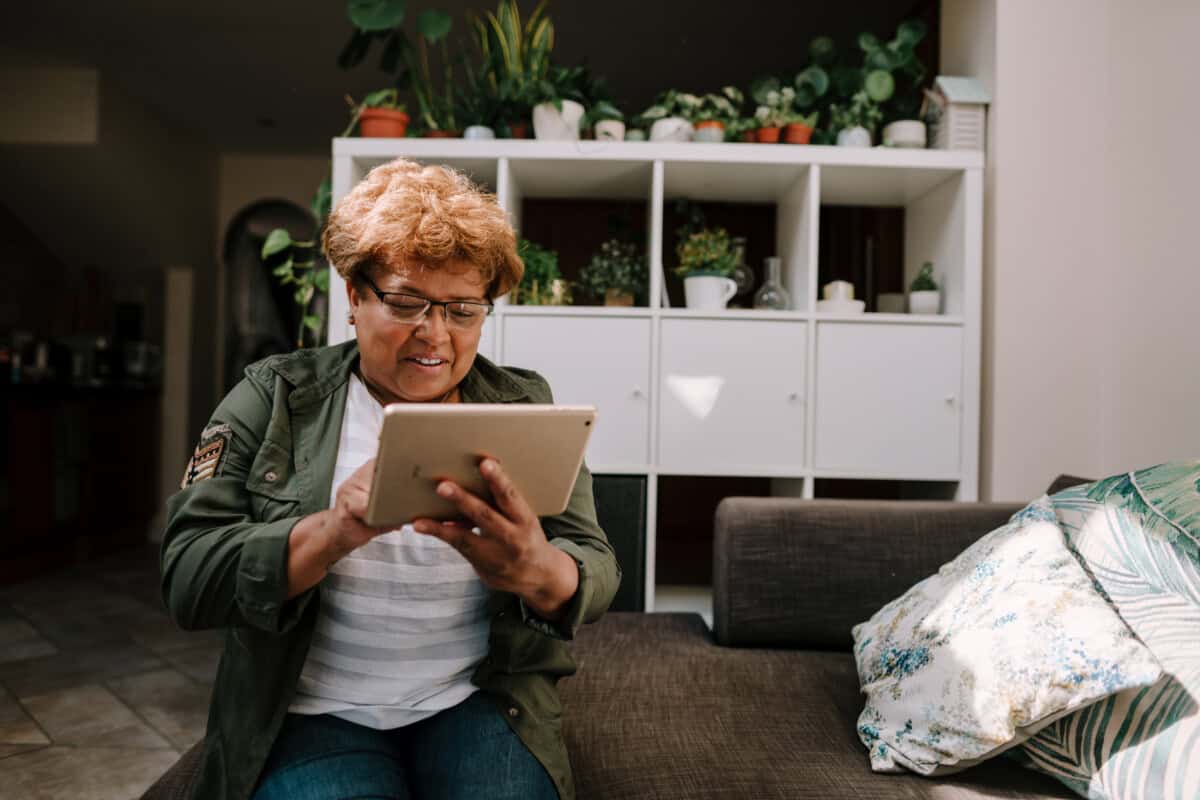Investigating lived experiences of energy flexibility
The National Energy System Operator (NESO) recently launched its assessment of whether the government’s aim of clean power by 2030 is achievable. The conclusion? It is, but it won’t be easy and will require us to do things differently, with bold action every step of the way.
The very first point on the to-do list:
Harness the value of flexibility for households, businesses, suppliers and aggregators by unlocking markets, promoting engagement and removing wider barriers.
Flexibility must be functional and fair
Flexibility means being able to change the times when we use most energy. A big part of our transition to a future clean energy system will involve people using energy when it’s plentiful – when renewable sources like solar and wind are producing lots of electricity – and reducing demand when it’s not.
Demand shifting services that encourage this kind of flexibility are becoming more commonplace. But it’s important these services are both functional and fair. The Centre for Sustainable Energy is committed to ensuring an energy transition that leaves no one behind, so we’re working with NESO to shape more effective and inclusive services.
Through two of our projects with NESO, we’re reaching out to thousands of people to understand what engaging with flexibility means in practice for them.
Investigating people’s experience of flexibility services
Following the first Demand Flexibility Service (DFS) in 2022-23, we worked with NESO to evaluate consumer experiences of participation. More than 22,000 people spoke to us about how they found taking part in the service. We found that for most people, participating in the DFS had a been positive experience. But people living with health conditions, those with financial stress, and smaller- or larger-than-average households were less able to take part and receive the benefits. The findings helped shape NESO guidance for suppliers communicating with customers about the DFS and the importance of ensuring consumer confidence in the scheme. It also led CSE to develop our own customer advice on participating.
We’re now working on similar research with people who took part in last winter’s DFS. This time, we’re investigating their experience of flexibility more broadly and exploring whether this is changing as services and tariffs that encourage demand flexibility become more commonplace.
We’re also exploring people’s experiences of flexibility through CrowdFlex. CrowdFlex is a major innovation project that aims to inform thinking in the NESO Control Room on how to manage the grid at different times of day and at different times of the year. It’s also investigating how consumers can play a larger role in balancing the national electricity system in the future. Working with OVO, we’ve heard from over 3,500 people who are taking part so far, with three more surveys to be done over the next year. Our research will help shape the service as it develops, to make it more inclusive and accessible to different types of households.
Shaping an inclusive energy transition
CSE champions social inclusion and fairness in the UK’s energy transition. Through these projects, we are combining our deep understanding of the energy system with the lived experiences of people in their homes.
As our work continues to show, the energy transition is as much as social challenge as a technical one. It’s vital that everyone can participate in and benefit from the services and technologies that are key to achieving clean power by 2030. Otherwise, we simply won’t reach net zero. Our research will help shape these services, technologies and policies to ensure they work for the people using them. If we succeed in this, then maybe the “bold action” that we need will be a bit more achievable.
We have a new government, a new National Energy System Operator and a new plan for clean power. Change is happening, but that change needs to be both fast and fair. CSE is helping households and innovators to be part of this, but more insight is needed on what works for households to ensure no one is left behind.
Explore more insights from CSE’s Smart and Fair research programme.




